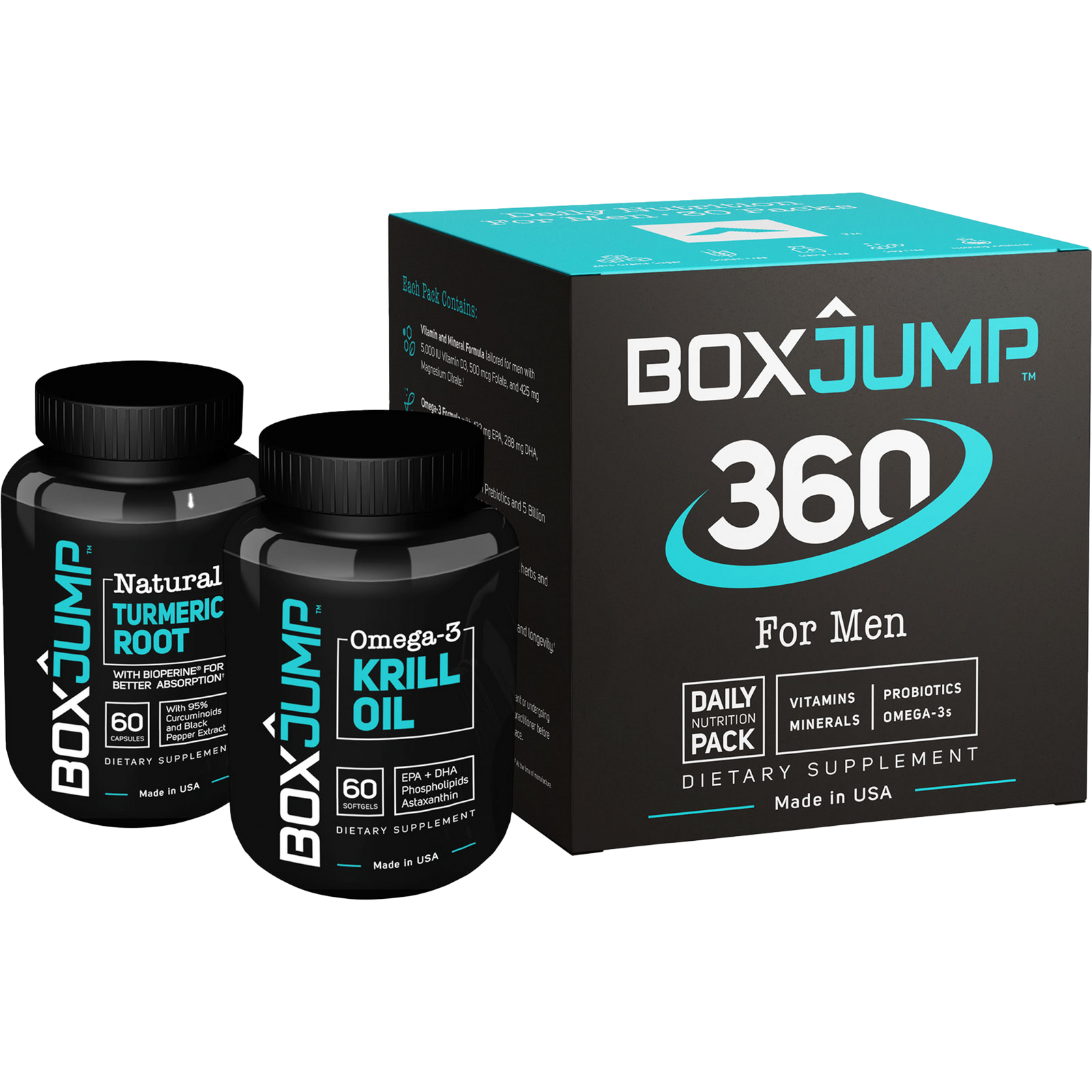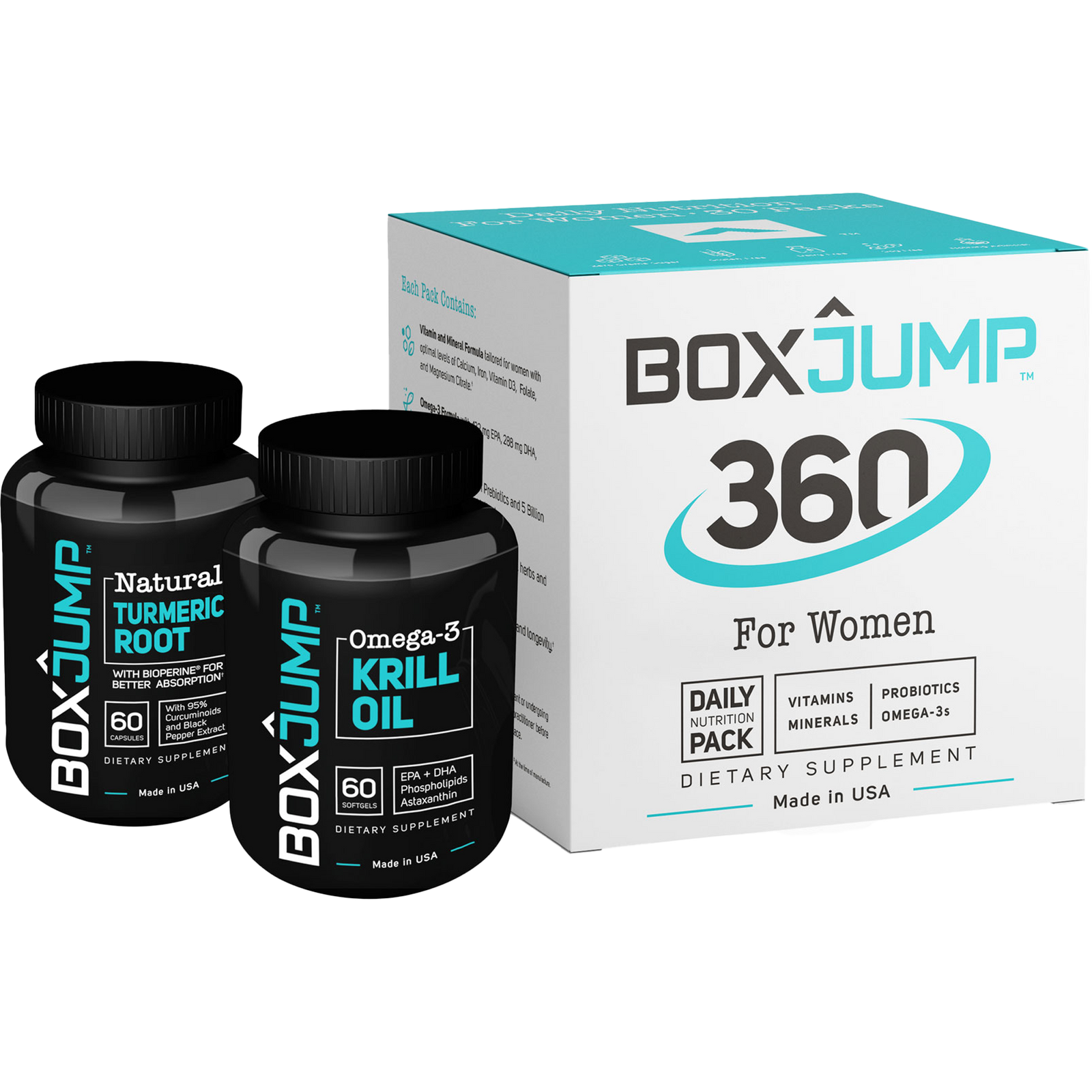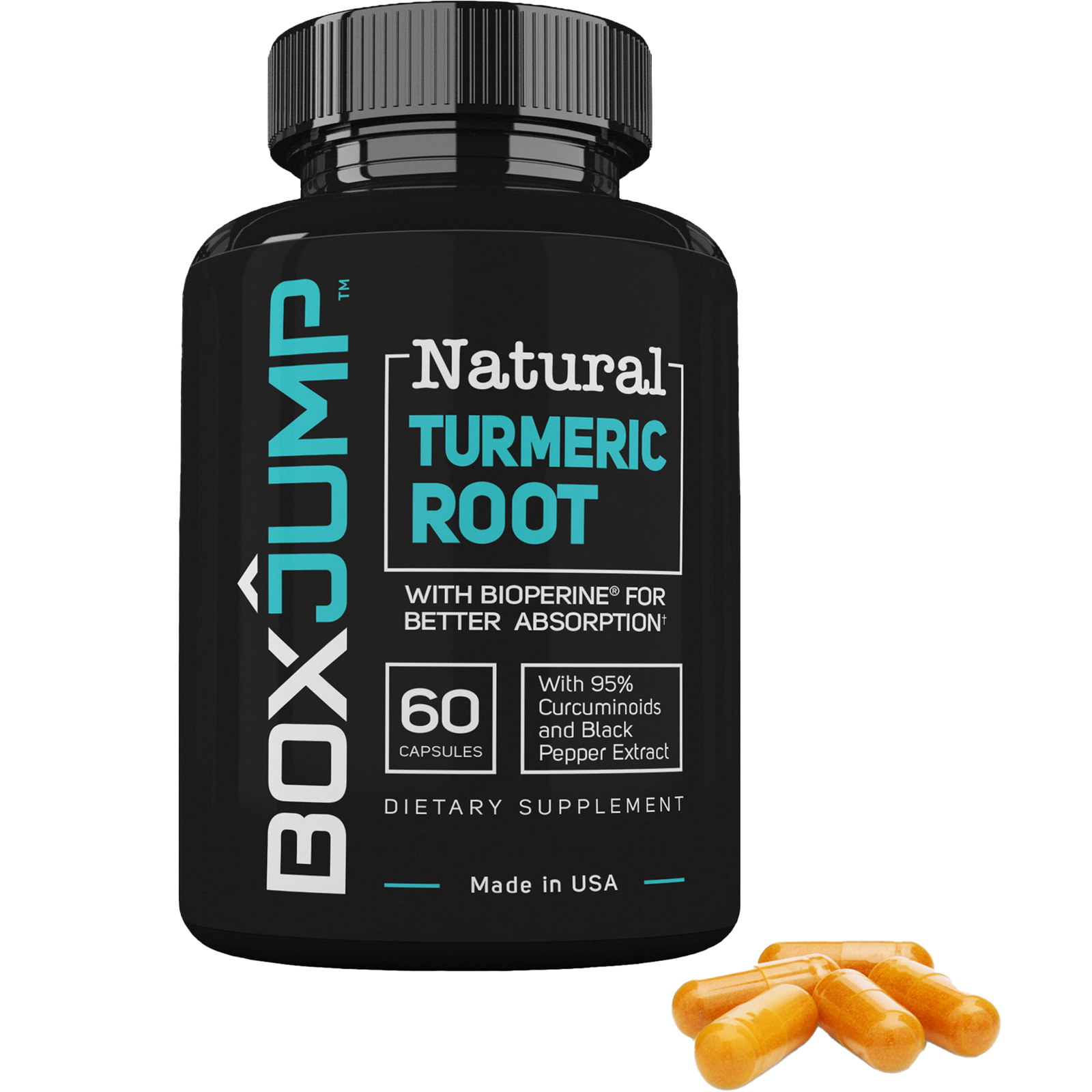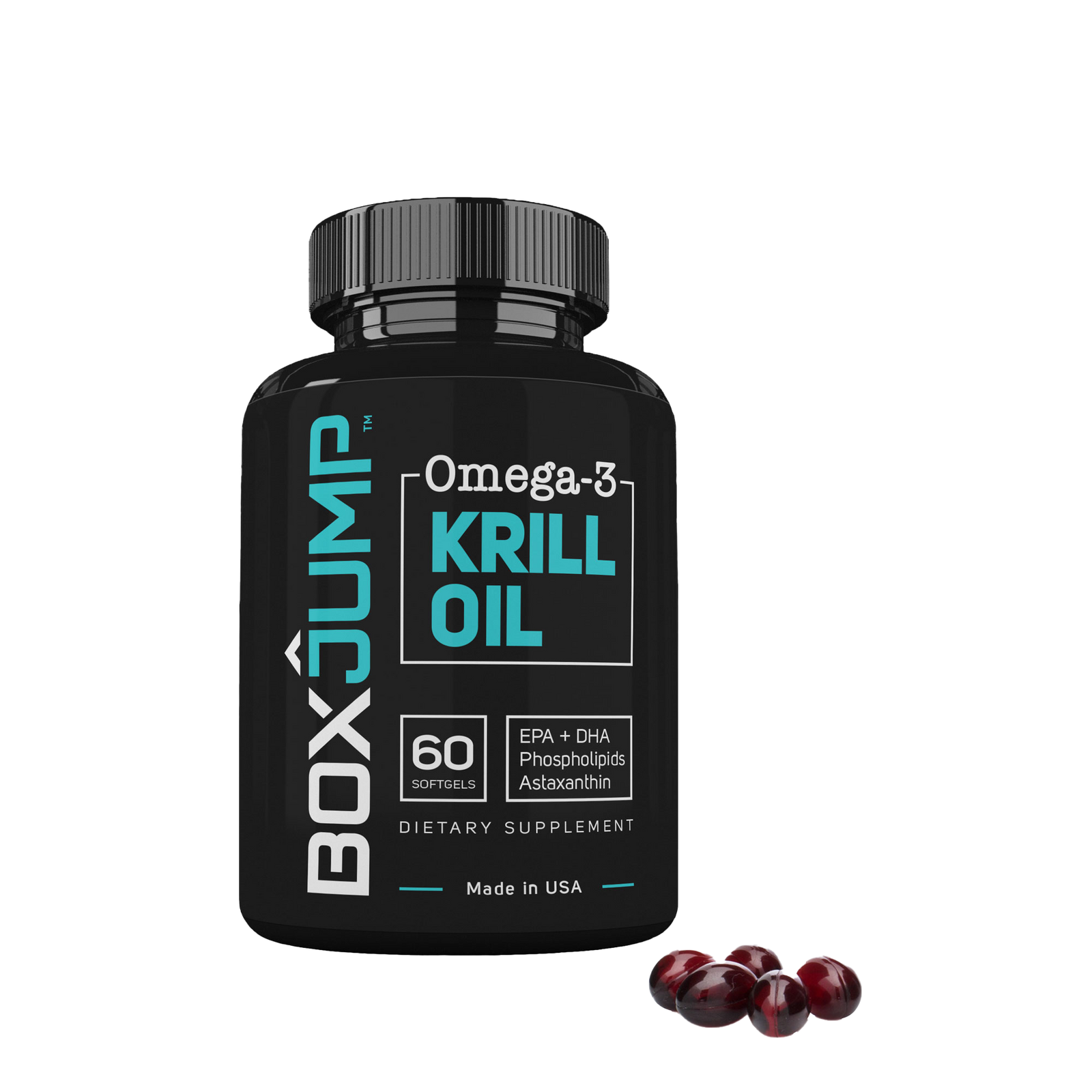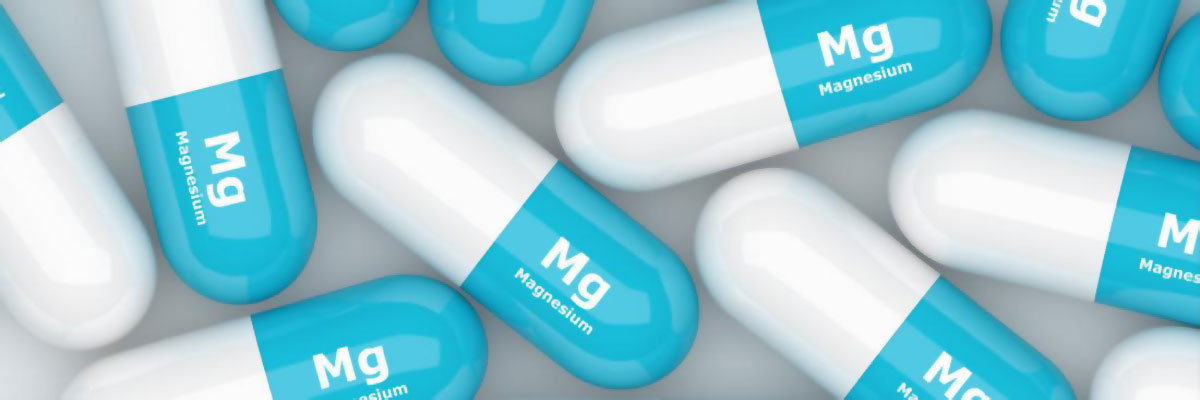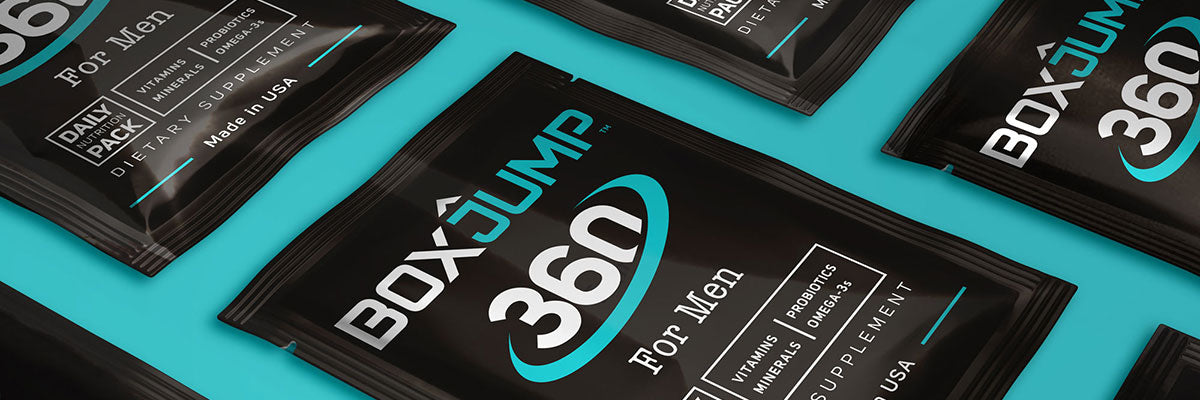Magnesium is arguably one of the most important nutrients that you can supplement. Magnesium is an essential mineral, meaning that it is required for crucial bodily functions and cannot be produced or synthesized by the body. Therefore, it is necessary to acquire magnesium through diet and supplementation.
The best place to get your nutrition is via a good diet. However it quite challenging to acquire enough magnesium from diet alone. This is why approximately 80% of the population is deficient in magnesium and why magnesium supplementation is so important.
Magnesium deficiency has significant health consequences. First, magnesium deficiency is a common cause of lethargy and depression. Numerous studies in the past ten years have drawn a direct correlation between Magnesium deficiency and depression. If someone is frequently fatigued and lacks energy and motivation, a doctor will often take a blood test, recognize a magnesium deficiency, and prescribe a magnesium supplement with great effectiveness.
Other consequences of Magnesium deficiency include:
- Liver and kidney problems
- Cardiovascular disease
- Hypertension
- Muscle cramps
- Tooth cavities
- The inability to absorb other nutrients, including potassium, calcium, vitamin B1 and vitamin K.
Part of the reason it is so challenging to get enough magnesium is related to the absorption rate (the percentage your body can absorb and use). Even with a healthy diet of whole foods, the magnesium absorption rate is often only in the 20-50% range. So if your body quires 400 mg per day to stay optimized, and at best absorbs 50% of the magnesium acquired from food, that means you need to eat 800 mg per day. Leafy green vegetables are the most potent dietary source of magnesium – spinach is one of the best. But a cup of spinach only contains around 150 mg. Lean red meat is a decent source as well. But your typical serving of steak only contains around 60 mg. This is where supplementation becomes beneficial.
However, not all magnesium supplements are created equal. A significant number of magnesium supplements you find are worthless. These supplements use magnesium oxide as the magnesium source. Magnesium oxide is inexpensive and more concentrated than other types of magnesium, which is why it’s used by so many supplement brands. But the absorption rate of magnesium oxide is a dismal: somewhere between 2 and 4%. Almost none of the magnesium in magnesium oxide can be absorbed by your body! The rest of it simply passes through your system.
When shopping for an effective magnesium supplement, look for magnesium citrate, magnesium glycinate, or magnesium malate. The exact absorption rate can vary by individual and by dietary factors, but the average absorption rates of these supplements are stellar:
- Magnesium citrate: 90%
- Magnesium glycinate: 80%
- Magnesium malate: 70%
(Source: Daniel J Crisafi, NDA, MH, Ph.D.)
BoxJump 360 for Men contains 600 mg of magnesium citrate. That means that even if your diet was nearly devoid of Magnesium, you could absorb as much as 600 mg from taking a BoxJump 360 pack once a day.
One last word on the potential risks of consuming excessive amounts of magnesium… If someone ate a healthy, magnesium-rich diet and also absorbed 600 mg of magnesium every day from BoxJump 360, their average daily consumption could easily exceed 600 mg, the recommended daily allowance for an adult male. This is perfectly fine, if not optimal. While there can be undesirable effects from consuming too much magnesium (namely diarrhea, nausea, and low blood pressure), the kidneys are highly effective at removing excess magnesium from the body. If a person has normally functioning kidneys, the risk of a magnesium overdose is extremely low.



